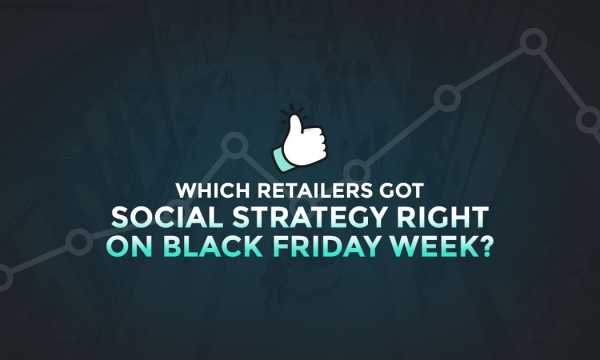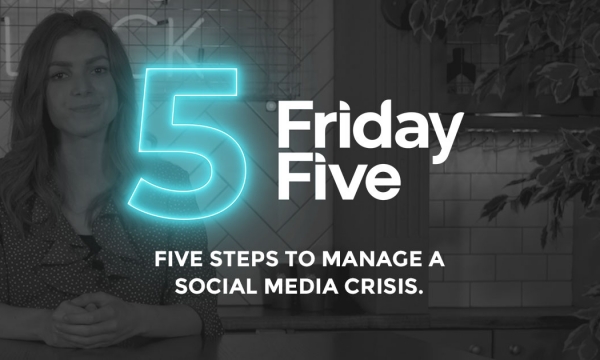Facebook and Microsoft leading the charge

Both Facebook and Microsoft have been leading the charge on this development, with both companies talking about a so-called “bot-centric future”.
Microsoft’s efforts in the space have got off to a fairly inauspicious start. It’s ‘Chatbot’ had to be taken offline almost as soon as it went live after it started tweeting abusive messages, whilst it’s ‘Captionbot’ is so far struggling to correctly identify photographs and images.
Facebook used its recent F8 conference to reveal that it would be allowing businesses to build bots for its Messenger platform. It claimed that the move would lead to the return of “personal brand interaction”.
Bots can also, according to Facebook founder Mark Zuckerberg, overcome what he describes as “app overload”. He claims that consumers are currently overwhelmed by mobile applications, all performing different functions, and he believes that using bots to bring the functionality of these apps into one native platform (in this case, Facebook Messenger) is something that consumers will embrace.
Facilitating simple queries automatically

The idea is that these bots can be used to serve the very simple queries that are made online and through applications every day. This could be something as simple as getting a weather forecast or driving directions, but Facebook is now hoping that it can encourage brands to serve more specific queries.
For example, a user may be willing to send a message to FedEx asking for the whereabouts of package number ABC12345E, and a FedEx bot would be able to retrieve and serve that information natively within the Facebook Messenger app.
There are also opportunities to transact through Messenger, with Facebook suggesting that users could ask an airline to book them on the next available flight, hotel brands to find them a nearby room for the night or even ask their bank to transfer some money to a friend.
There’s a key selling point to this – cost. Those promoting the use of bots point to the potential cost savings that could be realised using AI to automate query responses. Facebook argues that it offers a single platform with a critical mass of users, which dramatically reduces development costs compared to application development for multiple devices and platforms. They also claim that many of the queries that bots could feasibly answer are currently served by call centres – a less efficient and more costly way of serving that query.
Priceless insight

Certainly in the case of Facebook, this is much more about targeted advertising than it is about giving news reports and delivery status updates. Facebook wants to use the machine learning that will be incorporated into these bots to learn how users behave and interact with brands over time, gaining insight into what content they prefer and the products that they like.
That, of course, means that targeted advertising is very much a key driver behind this development.
"We are testing if business bots can re-engage people on threads with sponsored messages, it’s a small tiny test," said David Marcus, the man in charge of Facebook Messenger.
In short, users can soon expect to see brands reaching out to them directly through Facebook Messenger.
Will customers embrace them?

And this is what is the big fear that the so-called ‘bot-centric future’ creates – are users prepared to give even more data to brands via a platform that, at the end of the day, is fundamentally one that is about connecting with friends and family?
Microsoft’s trials and tribulations with its bot programme are evidence enough that the technology is far from infallible, and the likes of Siri and Cortana have not been without their teething problems.
And speaking of Siri, perhaps there is a clue in that particular technology that users aren’t quite ready to have an automated system as their personal assistant. Research suggests that 85% of Americans have not used Siri on their iOS device and, despite the cringe-worthy efforts of Clean Bandit, one suspects that Cortana’s usage stats doesn’t come out too favourably either.
Of course, the technology will improve, but it remains to be seen whether consumers would be prepared to give up their apps, and perhaps a lot of their personal information, in order to ask a bot for the latest weather report.


